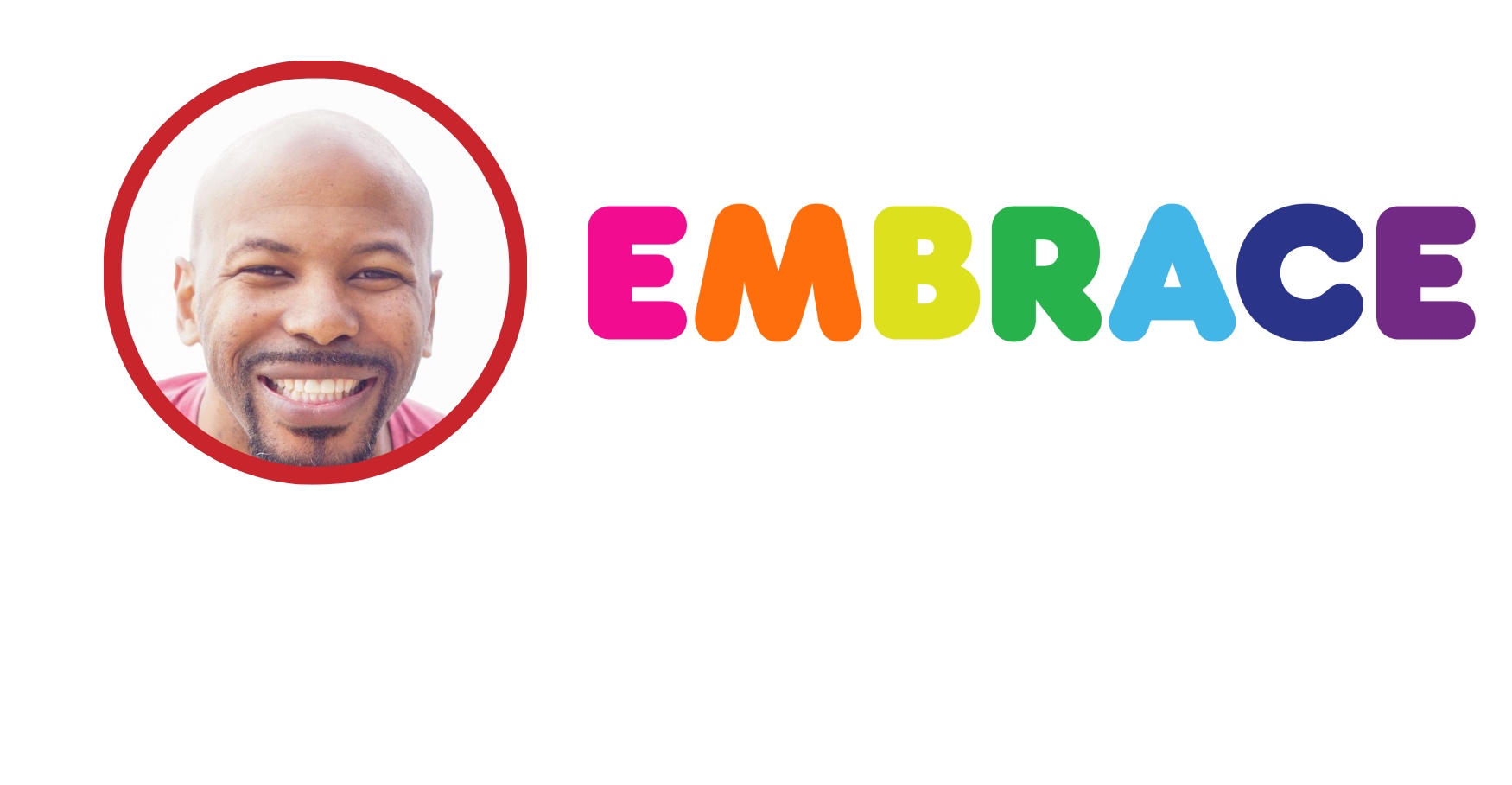During Black History Month, Inspire celebrates the stories of our corporate and franchise team members, as well as franchisees as we reflect on the significant roles that African-Americans have played in shaping U.S. history. Today, we spoke with Joshua Liggins, who currently serves as a Franchising Development Manager for Dunkin’ and Baskin-Robbins. He is also a member of Dunkin’ and Baskin-Robbins’ multi-cultural Employee Resource Group, EMBRACE, which is dedicated to celebrating diversity at all levels of our organization and fostering an inclusive culture.
What does Black History Excellence mean to you?
Black History Excellence means sharing more of the story than what was previously known or taught. We know about Thomas Edison, creator of the light bulb, but we don’t know about Lewis Latimer, who made the bulb last so that we could actually use it. Without Edison and Latimer, together, we may still be sitting in the dark right now! Knowing both sides of the story and showing how we all participated in some of the greatest accomplishments in American and world history can also encourage us to look for opportunities to collaborate and work side-by-side today. American history as is commonly taught is like looking at a puzzle with a large amount of pieces missing. Sharing Black History Excellence is to fill in those gaps so that we can all see the full view.
In your opinion, why is it important to celebrate and recognize Black History Month and Black Excellence?
Teaching the historical excellence of the Black citizens of this country is important, first, because this is our, meaning Americans, history. I think the common misconception is that Black history is just for Black people, or just to educate white people. No, Black history is the celebration of individuals who through their courage, innovation and leadership, helped shape America into one of the greatest countries the world has ever known. The only problem with it is that it is confined to a month. It isn’t just important this month, it is important every month of every year.
After that, when the majority of Americans look at U.S. history, they have a chance to look at people who look like them accomplishing great things. For example, an industrialist like Henry Ford, an inventor like Thomas Edison, political heroes like Abraham Lincoln, or another industrialist and philanthropist like John Rockefeller. But when people who look like me look at U.S. history, and the portrayal of the figures who look like me, it really stems around enslavement. How do you imagine a person will look at themselves if all they know of their ancestry is that they were enslaved, beaten, then freed to live under Jim Crow laws? Probably not the best optics. But when you learn about people like Dr. Charles Drew, Madam CJ Walker, Benjamin Banneker, and Frederick Douglas, there ignites a sense of pride that this country is yours also! Furthermore, it gives us confidence that we can accomplish incredible things, just as those before us did, in some of the most undesirable of circumstances.
Inversely, it also speaks to other groups as well who may have never known that from Black people have come some of the brightest minds our nation has ever known. When the full story is shared, we can celebrate each other, appreciate each other, learn from one another and have a chance to love one another.
If you could switch lives with someone for a day, who would it be and why?
My grandmother. She fought very hard so that her children, grandchildren, and great grandchildren could have a better life than she ever had. These days she can’t get around much. I’d love to take her place for a day (maybe even more) so that she can experience the life she helped create for me for a while.
This story is part of an ongoing series that celebrates the stories of our corporate and franchise team members, as well as franchisees as we reflect on the significant roles that African-Americans have played in shaping U.S. history. Click here to read other stories like this.



